 What is lean production? One can view it as an alternative term for lean manufacturing, but we wanted to take a deeper look.
What is lean production? One can view it as an alternative term for lean manufacturing, but we wanted to take a deeper look.
“Lean production is centered on determining what activities or processes add value by reducing other aspects,” this Techopedia article explains.
So there is our concept: instead of focusing purely on the bad (what processes to get rid of), we choose to focus on what is working. What can we magnify in order to increase production?
The first part of the equation is always your talent on the shop floor. Without people at the equipment doing the work, nothing happens. So how can we help?
“In lean-production systems, a manufacturer’s employees are organized in teams,” this Economist article explains. The article goes on to explain how the team structure works.
“These tasks are less narrowly specialized than those demanded of the worker in a mass-production system,” they describe. “This variety enables the worker to escape from the soul-destroying repetition of the pure assembly line.”
What kind of teams can you form on the shop floor to help with productivity? We suggest taking on these projects with Shop Floor Automations’ help towards the overall goal of lean production:
- Lights Out Manufacturing – This will require a specialized team to evaluate where there are snags in the process in order to do 24/7 machining. Especially if you have team members who work different shifts, this helps them to compare data and see what is happening.
- CNC Revision Management – Assign a team to investigate if programs are floating around the shop floor that needs to be better controlled. This team will help make sure old revisions aren’t running at machines.
- Going Paperless – Have a team designated to help the shop floor go paperless. Take on a system of real-time dashboards versus spreadsheets or whiteboards. This team can even help the front office out for a real sense of teamwork.
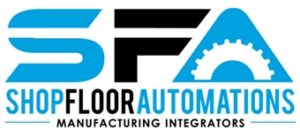
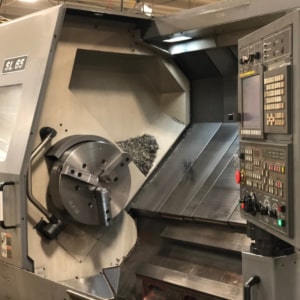 What is lean production? One can view it as an alternative term for
What is lean production? One can view it as an alternative term for 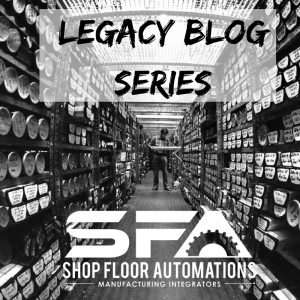 In the latest round of digital coverage for Shop Floor Automations (SFA), which includes a few MoldMaking Technology pieces:
In the latest round of digital coverage for Shop Floor Automations (SFA), which includes a few MoldMaking Technology pieces: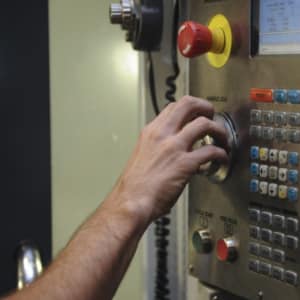 Lean manufacturing is a hot topic these days. It’s more than a buzzword, though. It’s becoming a necessity.
Lean manufacturing is a hot topic these days. It’s more than a buzzword, though. It’s becoming a necessity.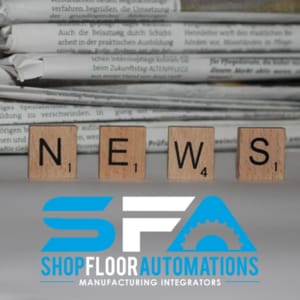 The following is an archived copy of our Fall 2018 newsletter.
The following is an archived copy of our Fall 2018 newsletter.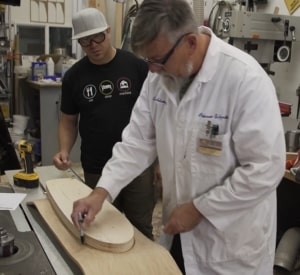 Aerospace. Medical. Defense. Skateboarding?! Shop Floor Automations loves fulfilling needs for unconventional manufacturers, so when we learned our customer Professor Schmitt (Paul Schmitt of PS Stix Inc) was going to be the focus of the Edge Factor documentary “Happy Accident”, we were very excited!
Aerospace. Medical. Defense. Skateboarding?! Shop Floor Automations loves fulfilling needs for unconventional manufacturers, so when we learned our customer Professor Schmitt (Paul Schmitt of PS Stix Inc) was going to be the focus of the Edge Factor documentary “Happy Accident”, we were very excited!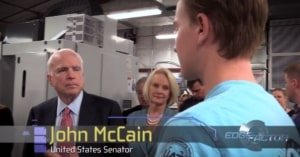 Another documentary to check out from Edge Factor is “Full Circle.” The unexpectedly emotional film focuses on unintentional connections we make in the manufacturing industry and how it helps us all fill the manufacturing skills gap.
Another documentary to check out from Edge Factor is “Full Circle.” The unexpectedly emotional film focuses on unintentional connections we make in the manufacturing industry and how it helps us all fill the manufacturing skills gap.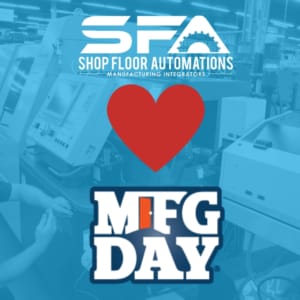 MFG Day is here again. A great time to celebrate the growth of American manufacturing. It is also a time to address the issue of bringing a new generation of workers in the doors.
MFG Day is here again. A great time to celebrate the growth of American manufacturing. It is also a time to address the issue of bringing a new generation of workers in the doors.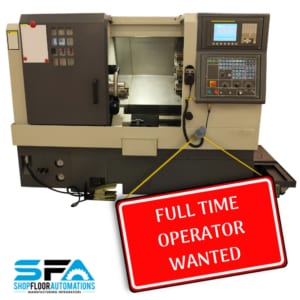 “In all the companies I work with, their workforce is in their 50’s,” says Ross Bonacci, Tool & Die Marker at
“In all the companies I work with, their workforce is in their 50’s,” says Ross Bonacci, Tool & Die Marker at 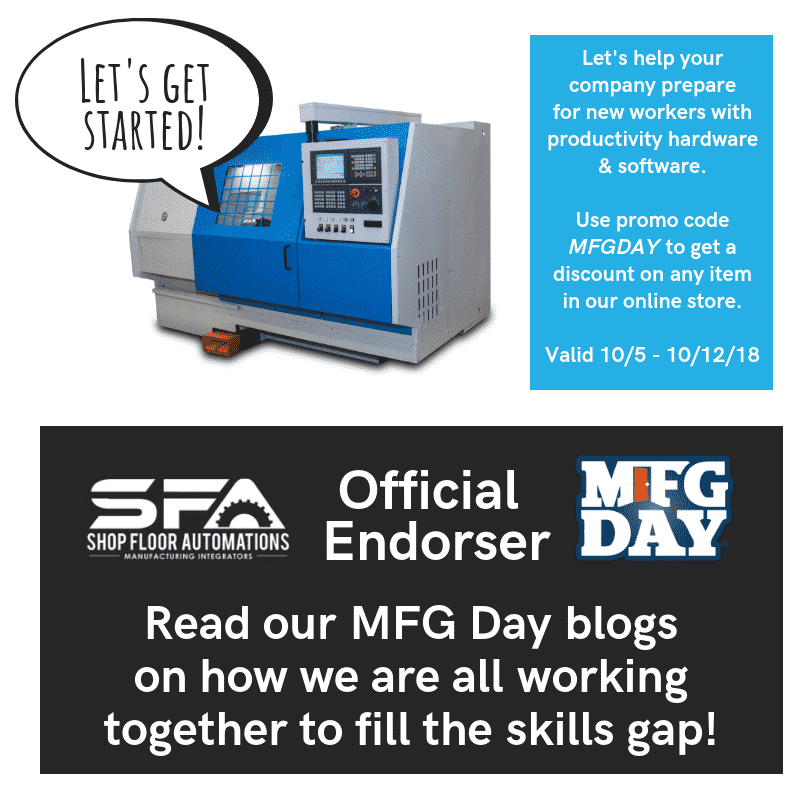 There are solutions that can be implemented in shops to help ease the skills gap, as well. There is not only
There are solutions that can be implemented in shops to help ease the skills gap, as well. There is not only